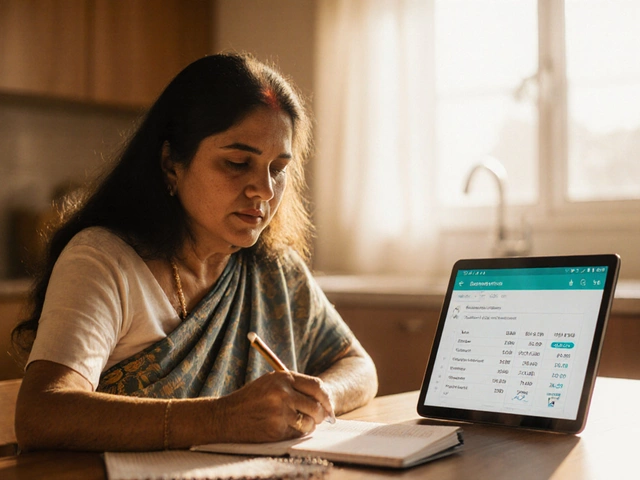Medical Coverage – What It Means and How to Use It in India
When you hear "medical coverage" you probably think of insurance papers or a big hospital bill. In reality, it’s a mix of policies, free check‑ups, and benefits that help you stay healthy without breaking the bank.
First up, look at what your policy actually covers. Most Indian health plans pay for hospital stays, surgeries, and a chunk of diagnostic tests. Some also include outpatient visits, medicines, and even wellness programs. Grab your policy document, scan the "cover" section, and write down the services that are fully paid, partially paid, or not covered at all. Knowing this upside‑down view saves you from surprise charges later.
Free Health Check‑Ups: Are They Worth It?
Many employers and insurers now offer complimentary health check‑ups. These aren’t just a marketing gimmick – they can catch diabetes, high blood pressure, or cholesterol spikes early. When you book one, ask which tests are included for your age group. For example, a 30‑year‑old might get basic blood work, while a 55‑year‑old could add heart‑health screens. Avoid hidden fees by confirming the test list beforehand and checking if any follow‑up tests need extra payment.
If you’re lucky enough to have a corporate wellness plan, the free check‑up could also come with a health‑coach session. Use that time to ask specific questions about diet, exercise, or family medical history. The advice is often tailored to the results you just got, making it a practical next step rather than a generic talk.
Getting the Most from Your Coverage
Now that you know what’s inside the policy and how free check‑ups work, here are three quick ways to stretch every rupee.
1. Pre‑authorize major procedures. Before you agree to surgery or a long‑term treatment, get a pre‑authorization from your insurer. This step locks in the amount they’ll pay and prevents later denial.
2. Use network hospitals. Insurers negotiate lower rates with specific hospitals. Going to a network facility usually means the insurer covers a larger share, and you pay less out‑of‑pocket.
3. Claim regularly. Some policies have a “no‑claim bonus” that boosts your coverage amount each year you don’t file a claim. But if you’ve already paid for a test or a minor procedure, claim it. Those small reimbursements add up and keep your bonus intact for bigger needs later.
Lastly, keep all receipts and medical reports in a digital folder. A tidy record speeds up claim processing and helps you spot any billing errors. Many insurers now have apps where you can upload documents directly – use them to avoid the paperwork nightmare.
Medical coverage isn’t just about emergencies; it’s a toolkit for everyday health. By understanding your policy, taking advantage of free check‑ups, and following a few smart steps, you can protect your wallet and your wellbeing. Stay curious, stay proactive, and let your coverage work for you.





